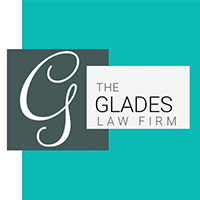Washburn White Collar Crime Lawyer, Missouri
Sponsored Law Firm
-
 x
x

Click For More Info:
-
The Law Offices of Richard L. Cooper, P.A.
848 Brickell Avenue Suite 800 Miami, FL 33131» view mapDWI/DUI, Drug Trafficking, Felony Nationally Ranked Top 40 Under 40
With Richard L. Cooper you can expect a trusted confidant who will work diligently to fully understand your case and determine a road map to help you regain control of your life.
800-756-2781
Not enough matches for Washburn White Collar Crime lawyer.
Below are all Washburn Criminal lawyers.
Phillip Alan Glades
✓ VERIFIEDAccident & Injury, Divorce & Family Law, Criminal
Our experienced legal staff is dedicated to helping you with the following legal matters: Family Law Criminal Defense Personal Injury
Darryl Brent Johnson
Criminal, Accident & Injury, Divorce & Family Law
Status: In Good Standing Licensed: 33 Years
William G. Weber
Divorce & Family Law, Personal Injury, Estate, Criminal, Real Estate
Status: In Good Standing Licensed: 19 Years
Patricia Ann Brock Loveland
Juvenile Law, Estate Planning, Adoption, Elder Law
Status: In Good Standing Licensed: 29 Years

 Richard L. Cooper Miami, FL
Richard L. Cooper Miami, FL AboutMiami Attorney at Law
AboutMiami Attorney at Law ServicesCriminal Defense
ServicesCriminal Defense

